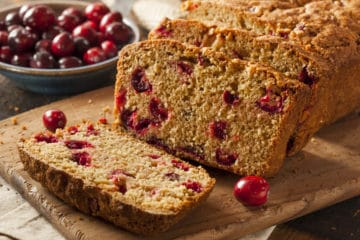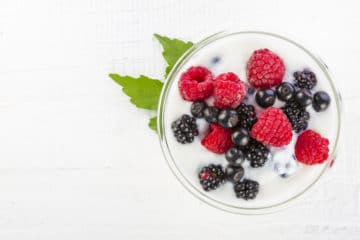

This toolkit is intended to serve as a resource for healthcare professionals, including registered dietitians and nutritionists, to provide shareable information on the benefits and versatility of low- and no- calorie sweeteners as a tool in the management of diabetes.
Find shareable resources, diabetes-friendly food and drinks, latest research, and more. These are great resources to share during American Diabetes Month and all year long!
The STOP Sugars NOW Trial is a pragmatic, single-center, open label, randomized controlled multiple crossover trial with three four-week treatment phases (SSB, NSB, water) comparing the effect of the substitution of NSBs (“intended substitution”) versus water (“standard of care substitution”) for SSBs on the gut microbiota and glucose tolerance as well as other intermediate cardiometabolic outcomes in adults who consume ≥1 SSBs daily and are overweight or obese with a high waist circumference.
The preliminary results indicate that replacing sugar-sweetened beverages with low- and no-calorie sweetened beverages had no impact on the gut microbiome.
The objective of the SWEET trial is to investigate the efficacy and safety of combined and prolonged use of sweeteners and sweetness enhancers (S&SEs), as part of a healthy diet, in adults and children with overweight or obesity.
Findings included S&SE decreased the desire to eat something sweet acutely and up to 2 hours compared to water. This effect persisted after 2-month WL period and 4-month WLM period with S&SEs in the diet, indicating lasting effects without adaptations.
Some of the world’s top health and regulatory agencies, including The World Health Organization (WHO) the U.S. Food and Drug Administration (FDA) and the European Food & Safety Authority (EFSA), maintain that low- and no-calorie sweeteners are safe for consumption.
Additionally, these agencies regard low- and no-calorie sweeteners as an excellent tool to combat the issue of obesity and associated health issues. These ingredients help to reduce sugar and caloric intake which, when combined with a healthy diet and lifestyle, are key in weight management.
What do these agencies says about low- and non-caloric sweeteners? Find out here.
Read the latest on the safety of low- and non-caloric sweeteners.
Shareable information, specifically designed for registered dietitians, nutritionists and healthcare professionals, on low- and no- calorie sweeteners research and health.
Share and enjoy these DELICIOUS diabetes-friendly recipes. From drinks, to appetizers, main dishes and desserts, this curated recipe database provides something for everyone.




Download sample social media posts with links to helpful tips and resources. Remember to tag the Calorie Control Council on your posts!
For media inquiries please reach out to any of the below contacts: